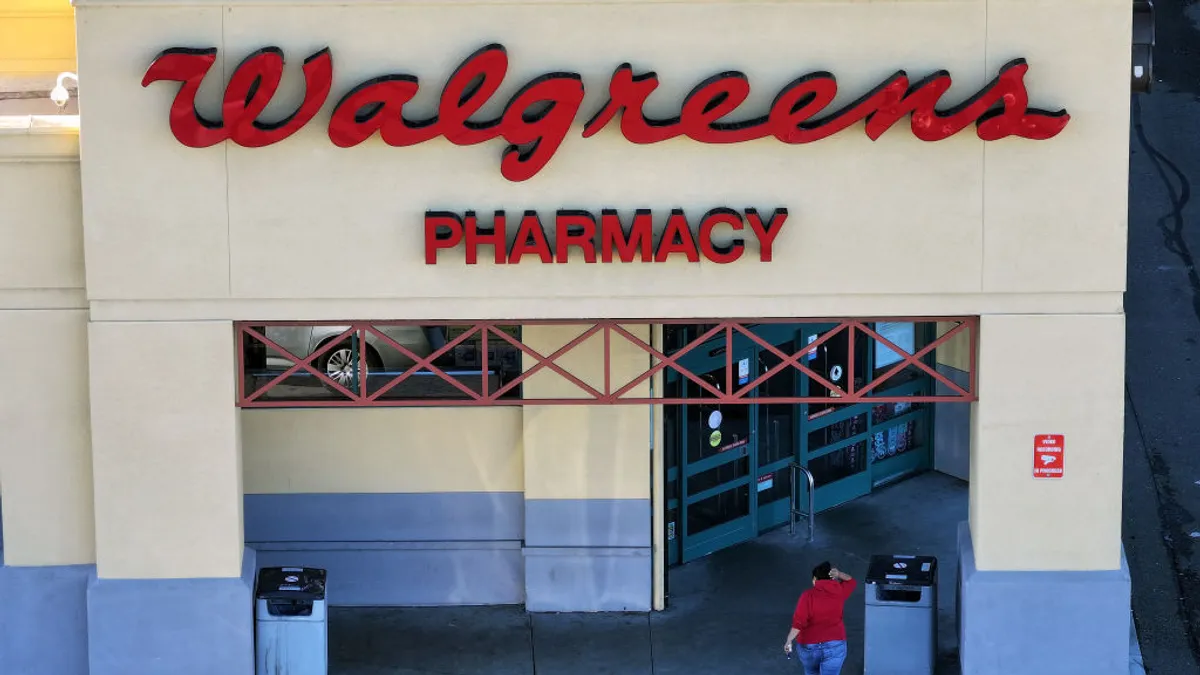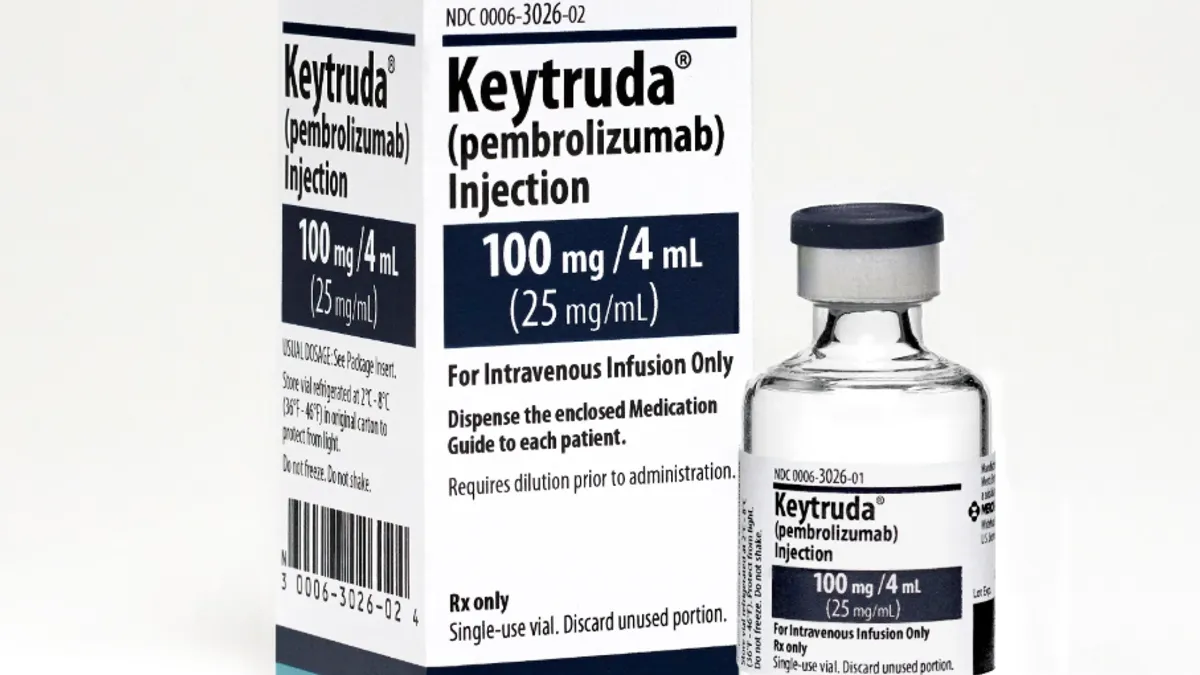Outsourcing in the pharma industry continues to increase, with many companies spending $50 million or more a year on outsourcing services. A survey from Outsourcing-Pharma.com found that 44% of pharmaceutical companies expected to outsource more business in 2017 than the previous year, and only 11% of pharma companies and suppliers expected more business to be brought in-house.
Surveys show that pharma companies focus on quality, reliability, and regulatory compliance as key priorities in their partner selection criteria. Other priorities when outsourcing include improving time to market and, to a lesser extent, reducing costs.
Pharmaceutical companies have been outsourcing back office services and salesforce automation for many years now, but they are starting to outsource more activities, such as analytical and testing services, active pharmaceutical ingredient (API) and solid dose manufacturing, formulation development, regulatory and pharmacovigilance activities, and several capabilities across clinical development.
Clinical Development Trends
CROs and development and manufacturing organizations (CDMOs) are essential services for the industry today, with more than three-quarters of companies currently outsourcing services to CROs, CDMOs, and contract manufacturing organizations (CMOs).
According to a report from PharmSource, CROs and CDMOs are realizing double-digit growth with demand for development services to support Phase I and Phase II clinical trials. Growth in services to support clinical trials coincides with overall expansion of clinical trials globally and the increased complexity in managing clinical trials.
Indications are that more than 70% of all clinical trial services could be outsourced by 2030, with growth of between 4% and 6% per year. Predictions are that the global CRO market will reach $35.8 billion by 2020.
Pharma companies are looking to their CRO partners to provide specialized technology, for example to respond to the growth in clinical and research-level wearables and sensors. When it comes to CDMOs, there is demand for expertise in pre-formulation and formulation development, as well as the provision of clinical trial supplies.
With one of the biggest challenges in clinical studies being meeting enrollment goals at multiple sites, pharma companies are seeking partners with the wherewithal to address these issues, using data and analytics to target patient populations, to look at protocols and address gaps, and to identify procedures that don’t align to the clinical objectives.
Manufacturing Trends
 When it comes to manufacturing operations, a growing number of pharma companies are turning to external partners as they seek to expand capacity, reduce costs, and focus on core areas such as R&D and marketing. According to a 2016 survey from Contract Pharma, 73% of respondents said demand for outsourcing had increased from the previous year and that trend is expected to continue.
When it comes to manufacturing operations, a growing number of pharma companies are turning to external partners as they seek to expand capacity, reduce costs, and focus on core areas such as R&D and marketing. According to a 2016 survey from Contract Pharma, 73% of respondents said demand for outsourcing had increased from the previous year and that trend is expected to continue.
Outsourcing manufacturing responsibilities is believed to help cut costs by between 30% and 35%. This has led to several CMOs expanding their capabilities to meet demand.
One example of this CMO diversification is API manufacturing, particularly given expansion of the global API market, which one report projects will be worth $185.9 billion by 2020. Experts predict suppliers with flexible current good manufacturing practice capacity will realize increased demand.
When looking for outsourcing partners in the CMO as well as CRO space, companies are focused first and foremost on quality and reliability, followed by productivity, according to a survey from Nice Insight.
There is also a trend to expand support, for example in areas such as manufacturing quality systems and supply chain management. But pharma companies need to ensure they have traceability into CMO operations and keep track of quality, and that means having solutions in place to track data.
Regulatory Outsourcing
For a number of years, pharma companies have outsourced much of their dossier publishing, particularly in low-cost regions, but today there is a growing move toward more comprehensive regulatory affairs outsourcing. In 2016, the global regulatory affairs market was valued at $4.53 billion and it is expected to grow at a CAGR of 11.9% in the years to 2025.
According to a Gens and Associates survey, companies most commonly outsource investigational or new marketing application submission publishing, small maintenance submissions, local affiliate submission publishing, safety case processing, and safety reporting.
Regulatory affairs outsourcing varies significantly. Larger companies typically outsource to address capacity issues to supplement their internal capabilities. Mid-sized companies are likely to be project-oriented when it comes to regulatory outsourcing, for example dossier assembly, but they also seek support in managing submissions and applications. Smaller firms will often outsource the entire regulatory process, including liaison with the regulatory authorities, training requirements, and coordination of activities with other functions.
As companies focus more on their core R&D capabilities, outsourcing of global regulatory affairs activities is expected to increase.
Changing Relationships
While outsourcing continues across the spectrum, the one significant change is the type of relationship involved.
Increasingly, pharma companies are moving away from transactional outsourcing to strategic relationships. As such, companies are less likely to adopt fee-for-service contracts and more likely to select preferred-provider relationships.
Pharma companies are seeking partners with proven technical expertise, who can help them gain access to innovation, and who will offer greater risk management strategies. For example, when working with CROs, pharma sponsors will often liaise to develop the trial concepts and programs, and they are seeking integrated teams that can support activities from preclinical to Phase III and even postmarketing studies.
Visibility is a priority for pharmaceutical companies, which want to see clearly what is happening with assigned activities. At the same time, companies want to be assured of data security and confidentiality so trust in their partners’ systems and processes is paramount.
There is also pressure on outsourcing partners to anticipate the changing landscape and respond quickly to the needs of their clients.
The role outsourcing partners play in supporting pharma companies will continue to evolve as the industry looks to focus on core capabilities, build expertise, ensure quality, and contain costs.(PV)
~~~~~~~~~~~~~~~~~~~~~~~~~
Outsourcing Priorities for the Future
Staying secure. Pharma companies must secure their data, not only to protect subjects but also to protect their intellectual property. Security risks remain a concern and outsourcing partners must be able to protect sponsors’ data
Expanding services. Outsourcing partners need to stay ahead of trends, from providing secure cloud capabilities to offering automated services and other advanced technologies
Flexibility needed. Companies are now demanding much more from their outsourcing partners and expect those partners to be able to adapt to market trends and developments
High-level management. Companies often have to juggle multiple different agreements but having multi-vendor service models will move these challenges away from the sponsor



















